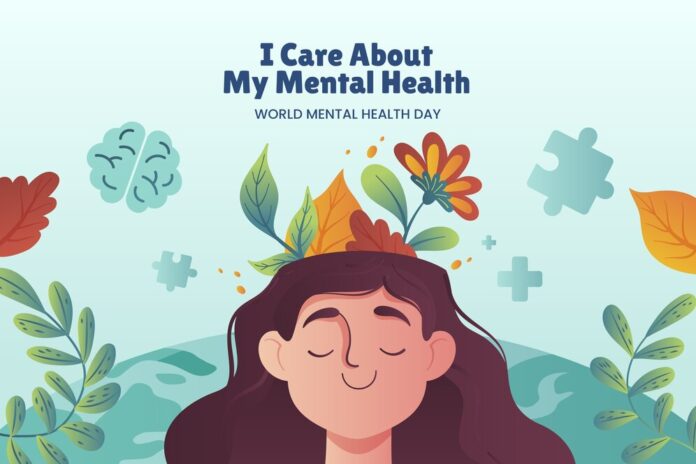Introduction
Improve Your Mental Health is crucial in today’s fast-paced world. With various stressors and pressures from work, relationships, and other aspects of life, prioritizing mental well-being is essential for overall quality of life.
Practice Gratitude
Expressing gratitude daily can significantly enhance mental health. Taking time each day to reflect on things to be grateful for helps shift focus from negativity to positivity, fostering a more optimistic outlook.
Stay Active
Regular exercise plays a vital role in improving mental well-being. Physical activity releases endorphins, neurotransmitters that boost mood and reduce stress and anxiety. Aim for at least 30 minutes of moderate exercise most days of the week.
Get Enough Sleep

Quality sleep is essential for mental health and overall functioning. Lack of sleep can lead to irritability, mood swings, and difficulty concentrating. Aim for 7-9 hours of uninterrupted sleep each night to promote restful sleep.
Maintain Healthy Relationships
Healthy relationships provide support, companionship, and a sense of belonging, all crucial for good mental health. Invest time nurturing positive relationships with friends, family, and loved ones.
Seek Professional Help When Needed
Don’t hesitate to seek professional help if you are struggling with mental health. Therapy, counseling, and psychiatric support can offer valuable guidance, coping strategies, and treatment options tailored to individual needs.
Manage Stress
While stress is inevitable, chronic stress can negatively impact mental health. Practice stress management techniques such as deep breathing, meditation, or yoga to alleviate stress and promote relaxation.

Practice Mindfulness and Meditation
Mindfulness and meditation can calm the mind, reduce anxiety, and enhance well-being. Engage in mindfulness practices daily to cultivate a non-judgmental awareness of thoughts and emotions.
Engage in Hobbies and Activities
Activities you enjoy can provide purpose, accomplishment, and joy, all contributing to good mental health. Make time for hobbies and interests that bring happiness and fulfillment.
Limit Social Media and News Consumption
Excessive exposure to social media and news can negatively impact mental health. Set boundaries around screen time and focus on consuming balanced and uplifting content that promotes positivity.
Conclusion
Prioritizing mental health is essential for a fulfilling and balanced life. By implementing these ten strategies, individuals can take proactive steps to improve mental well-being, fostering greater happiness, resilience, and inner peace.
FAQs
How long does it take to Improve Your Mental Health?
The timeline varies for each individual, but consistently practicing these strategies can lead to gradual improvements over time.
Can improving mental health prevent future mental health issues?
While not guaranteed, adopting healthy habits and coping strategies can reduce the risk of specific mental health issues and improve overall resilience.
Is it normal to experience setbacks on the journey to better mental health?
Yes, setbacks are common, but practicing self-compassion and seeking support during challenging times is essential.
How can I encourage a friend or loved one to prioritize their mental health?
Approach the conversation with empathy, offer support, and provide resources or assistance in accessing professional help.
Are there other resources available for improving mental health?
Yes, including online support groups, community mental health services, self-help books, and mental health hotlines. Finding the proper support is crucial for individual needs and preferences.




